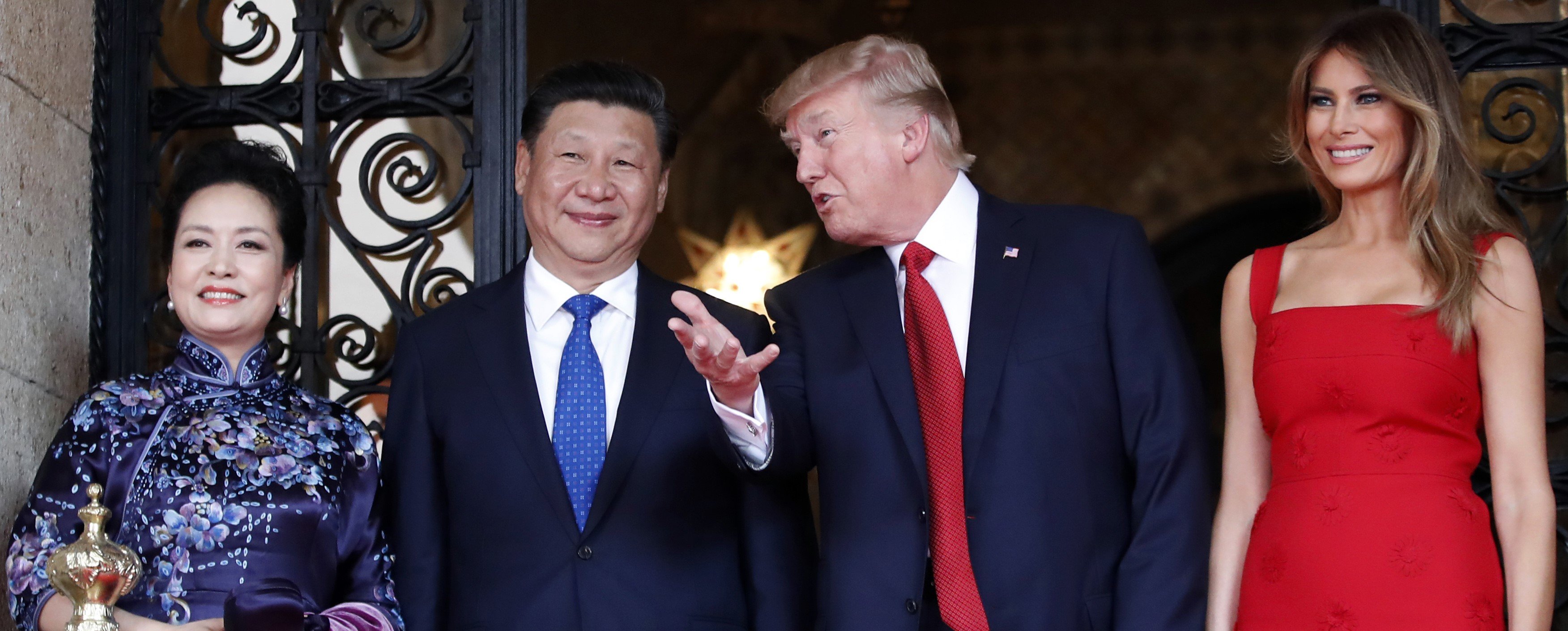

Aug
Like any shrewd negotiator, Donald Trump tries to always display strength but how much of this strength is dissimulated when it comes to the current trade tensions with China? Leaving click-bait headlines and eccentric tweets aside, it doesn’t take more than a healthy dose of common sense to understand that Donald Trump is in a much more fragile position than Xi Jinping for strictly political reasons, leaving many other dimensions aside.
Think about it this way: as made clear in our article about Xi Jinping, the Constitution of China has literally been amended so as to introduce stipulations which enable Xi to essentially remain the paramount leader of China indefinitely. This enables him to approach geopolitical negotiations from pretty much the position of leaders such as Vladimir Putin, the position of a politician who knows he doesn’t have to worry about re-election.
As an anecdotal example, it became a well-known fact that when communicating directly with Dmitri Medvedev (because back then, as a bit of a political farce, Medvedev was indeed the president of Russia but needless to say, Putin was still very much in charge), the then-president of the United States Barack Obama informed him that he is limited in terms of maneuvering abilities by the fact that election-related political calculations had to be made, to which Medvedev obediently replied that he will “inform Vladimir” of this. Needless to say, this occurred during a conversation reporters caught by accident and it is perhaps a textbook example with respect to the difference in terms of political position between US leaders and Russian leaders.
Even back then, the position of Chinese leader Hu Jintao was closer to that of Vladimir Putin than that of Barack Obama. Nowadays, after the constitutional amendments that have been introduced in China, the gap between Xi Jinping and Donald Trump became even wider. It is basically the difference between a politician who knows his position is secure (Xi Jinping) and a politician who is well aware of the fact that he will have to do whatever it takes to get re-elected (Donald Trump).
This brings us, of course, to the current trade war implications.
First and foremost, click HERE for a detailed article about the trade relationship between China and the United States or HERE for an article about their relationship with a deeper focus on the current tensions. As a bit of an executive summary, let’s just say the US is less than satisfied with the enormous trade deficit it has with China and Donald Trump has been even more vocal than other US leaders in this respect.
As such, Donald Trump engaged in quite a bit of (economically) belligerent rhetoric and not only that, it was doubled by sanctions which made “trade war” headlines become more and more common in both China and the US. In an attempt to display strength, Donald Trump has been acting as though the US holds all of the aces, whereas China has no choice but to comply.
This perspective is challenged… well, by reality:
- The fact that US companies have to foot the bill of this belligerent rhetoric accompanied by trade sanctions, a bill which is ultimately passed on to the US consumer. To think that trade war scenarios can take place without both businesses and consumers taking a major hit over in the United States is childish at best. On the contrary, the more time passes, the more obvious it will become that this is hardly the case
- China has trump cards (yes, pun intended) of its own, for example the over $3 trillion in US Dollar reserves that it holds. As a bit of an imagination exercise, what would happen in the hypothetical scenario that China would dump a significant chunk of these holdings quickly so as to destabilize the market?
- As mentioned previously, Xi Jinping can afford to play the long-term game. Time is on the side of the leader who has no re-election fears whatsoever. On the opposite end of the spectrum, time is the #1 enemy of Donald Trump because in the event that recessionary conditions or even a downright market crash will manifest themselves before the 2020 elections, his re-election chances will plummet. For a politician who has re-election concerns as it is, this is a burden which can ultimately lead to “unexpected” attitude adjustments
… and while we are on the topic of attitude adjustments, this is precisely what the ChinaFund.com team believes will happen leading up to the 2020 elections. While Donald Trump always likes to display strength during negotiations, he has frequently ended up taking steps back and finding ways to “save face” politically, whether we are referring to negotiations with North Korea or domestic affairs.
The same principle will most likely be valid in this situation as well, with Donald Trump ultimately finding a way to meaningfully scale back or even eliminate sanctions in a way that he at least believes will enable him to save face. Xi Jinping has no reasons not to play along and in the end, much like in a lot of other Trump rhetoric case studies, flamboyant belligerence will fizzle out.
As such, a valid case can be made that it is hard to find better “contrarian” opportunities than investing in Sino-American joint ventures, with those bold enough to see beneath the rhetoric being able to take advantage of a risk/reward ratio that is asymmetrically in their favor. Needless to say, should such opportunities be on your radar, ChinaFund.com is ready to help (more details can be found on our Consulting page).
